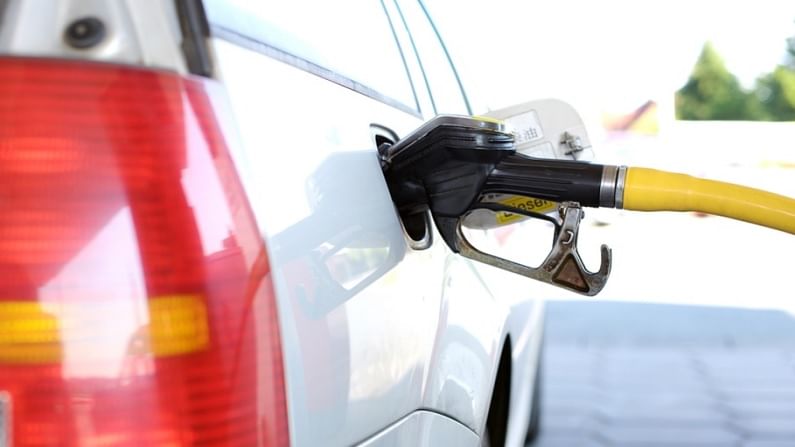Rising fuel prices: Five state governments sacrifice revenues to offer some respite to Aam Aadmi
The Centre is yet to respond with a cut with the Union petroleum minister blaming rise in crude prices and increased spending by the government to tide over the pandemic as obstacles

Petrol and diesel prices have hit record levels in the past few days and have even breached the psychological Rs 100/litre level in a few states and ominously moving towards that figure in several others.
With income wreckers like the Covid-triggered lockdown and rising fuel prices working in tandem, the governments in five states have already reduced taxes to provide some relief to the common people.
The states to sacrifice revenues from petro products are Meghalaya, Assam, West Bengal, Rajasthan and Nagaland.
The price rise could not have come at a more inconvenient level since five states – West Bengal, Assam, Kerala, Tamil Nadu and Puducherry – are going to the polls in March-April.
In Rajasthan, after petrol prices breached the Rs 100/litre mark, the Ashok Gehlot government scampered to slash tax rates from 38% to 36%.
The biggest relief for the consumer came from the Meghalaya government that resulted in a reduction of Rs 7/litre on petrol and Rs 7.10/litre on diesel. The government slashed VAT on the fuels from 31.62% to 20%.
The Sarbananda Sonowal government in Assam also reduced taxes on petrol and diesel, driving down the prices of both by Rs 5/litre. The Assam administration withdrew an additional tax of the same amount it levied last year to marshal resources to fight the pandemic.
After petrol prices crossed Rs 91/litre and diesel Rs 84/litre, the Mamata Banerjee administration announced a tax cut of R 1 per litre on both products.
The Nagaland government reduced taxes on petrol from 29.80% to 25% and that on diesel from 17.50% to 16.50%.
However, the Centre is yet to respond with any cuts in excise so far.
The price of petrol and diesel have already become an issue of campaigning in the states that are going for the polls.
In Kolkata, while announcing the tax cut on February 21 state finance minister Amit Mitra said, “The Centre earns Rs 32.90 per litre in taxes from petrol, while the state gets Rs 18.46 only. In case of diesel, the central government is earning Rs 31.80 per litre as against Rs 12.77 for the state. Therefore, we have decided to reduce state tax by R 1 to provide relief to the people.”
According to reports, Petroleum Planning and Analysis Cell data show that in Delhi, the ex-refinery price of petrol including import duties on crude is just 36% of the retail price. Dealer commission was about 4% while the rest was taxes levied by the Centre and the states.
For diesel the ex-refinery price including import duty on crude was 42%.
Though the taxes differ from state to state, the Central excise hovered around 37% or more in most states.
Earlier during the week, while speaking the foundation day celebration of Bombay Chamber of Commerce and Industry, RBI Governor Shaktikanta Das remarked that the prices of petrol and diesel “play a cost-push factor across a range of activities, It’s not just passengers who use cars and bikes. High fuel prices also have an impact on the cost of manufacturing, transportation and other aspects.”
Though there has been a clamour in many quarters for the Centre to reduce excise rates on petro products, the Union Petroleum and Natural Gas and Steel Minister Dharmendra Pradhan recently blamed the crude prices for the rise.
“The international market has reduced fuel production and manufacturing countries are producing less fuel to gain more profit. This is making the consumer countries suffer,” he said.
The minister also justified the tax on petrol and diesel, arguing the government is spending more on development work during the pandemic that will generate more jobs.